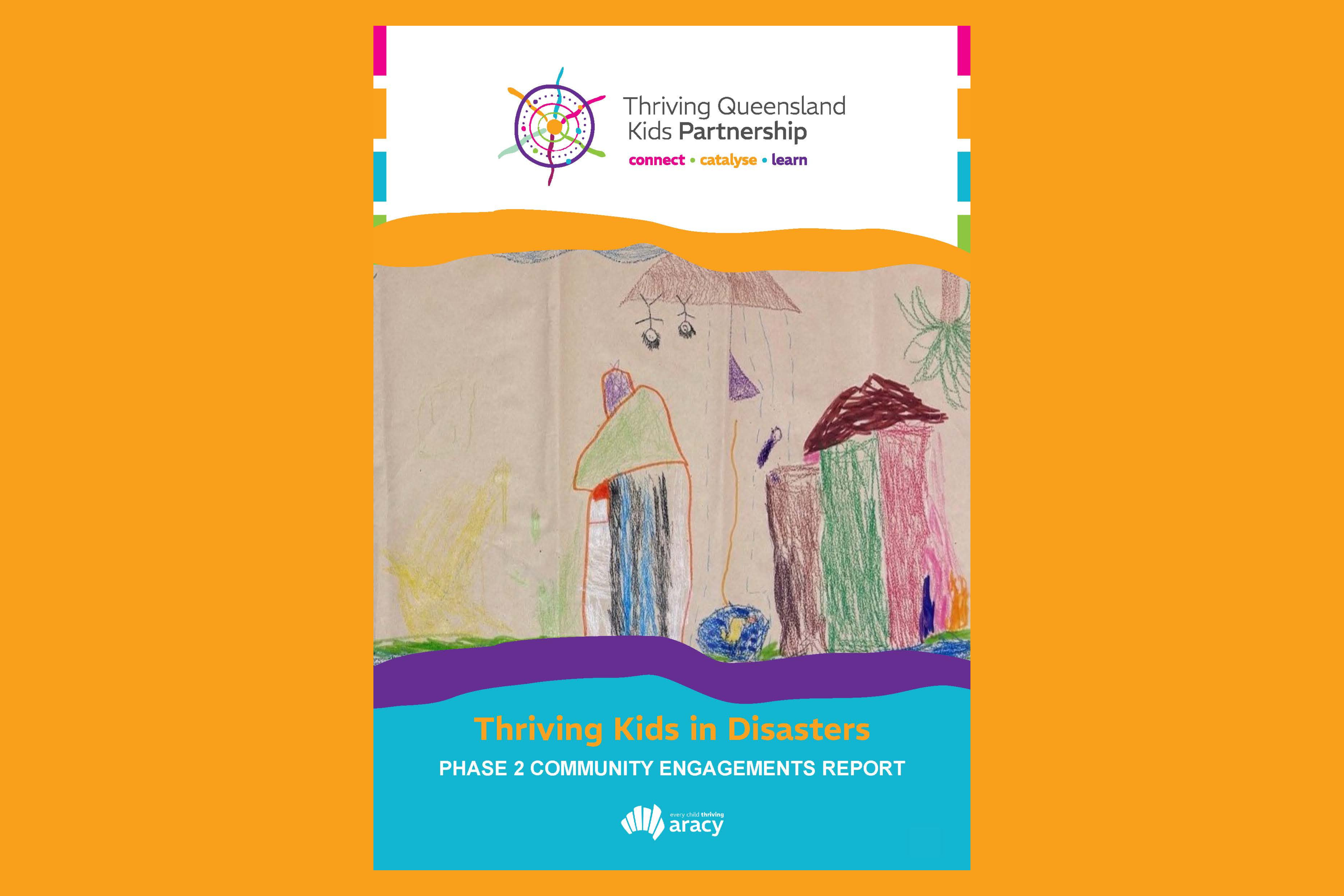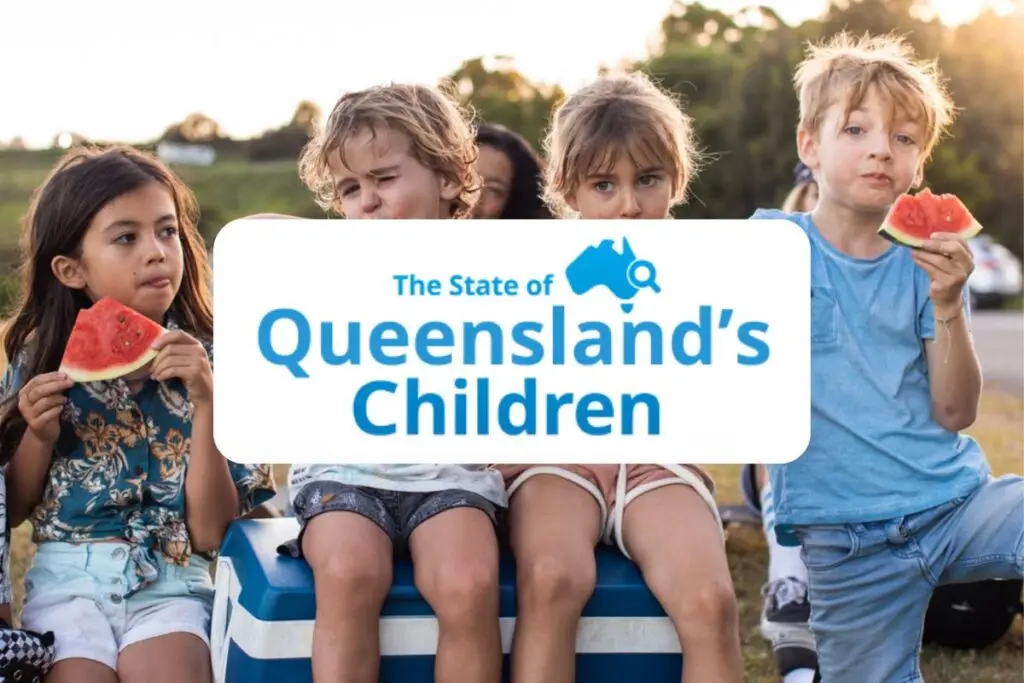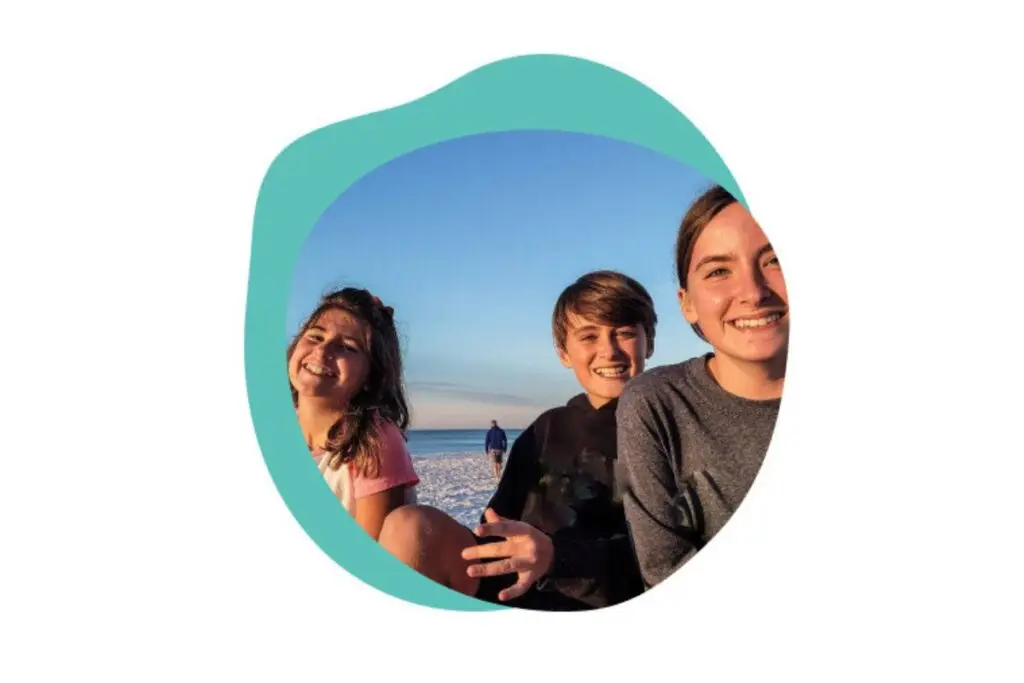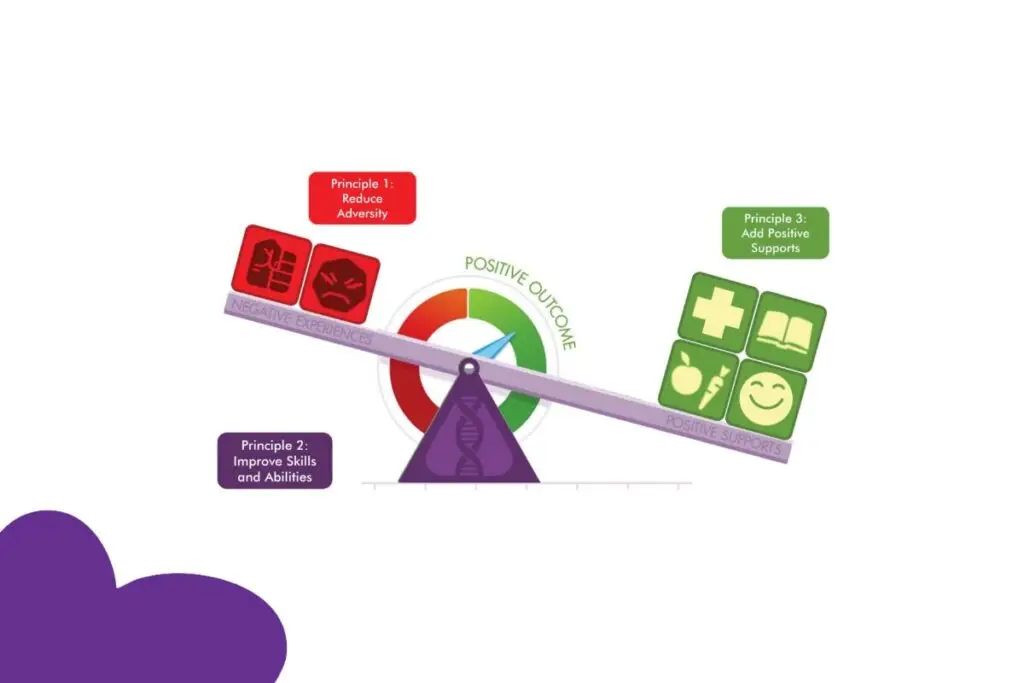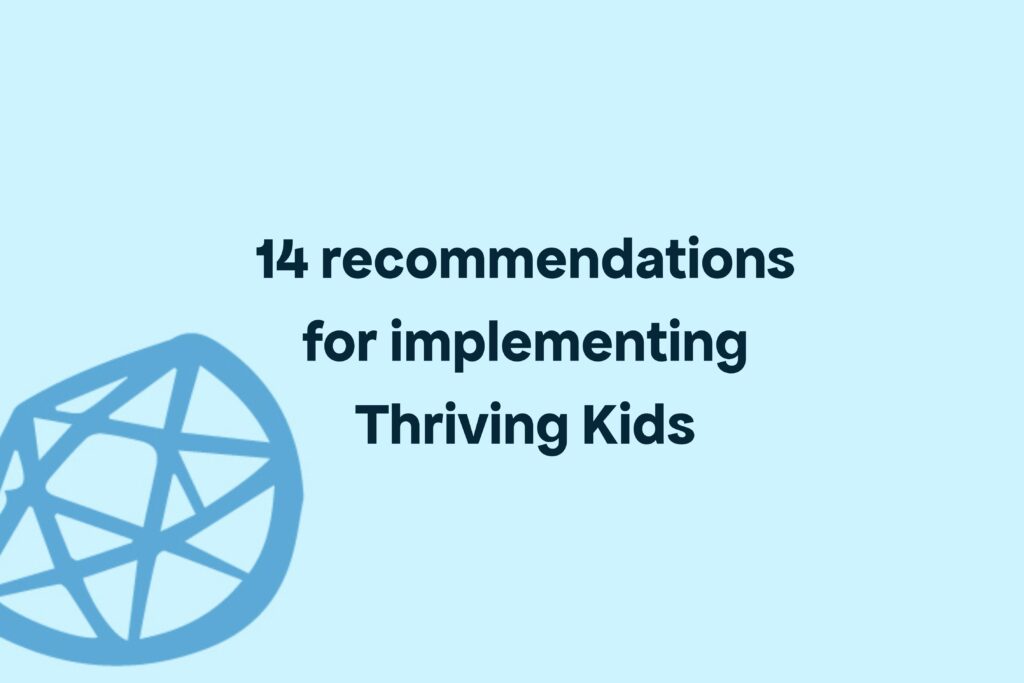When we listen to local people – especially families and children themselves – we can develop better policies and solutions to ensure that every child in every community has what they need in disasters.
Our new Thriving Kids in Disasters Community Engagements Report is a valuable resource for community leaders, policy makers, service providers, government and others seeking to make our disaster planning and decision making processes more inclusive of young voices and ideas.
This report shares insights drawn from engagements with kids and caregivers in three regional Queensland communities that have experienced disasters: Western Downs, Kowanyama and Cairns. From these voices, the report identifies common themes to inform further action both locally and more broadly across the state. The report also shares the methodology used in these engagements, highlighting a range of strategies that can help to generate rich, authentic responses when consulting and engaging with kids.
Importantly, the report includes examples of how we can all better support kids to tell their stories by:
- Allowing kids to observe and try before fully engaging in the engagement activity
- Designing activities that imply no right or wrong answer
- Using informal materials rather than more formal ones
- Being open to how kids share their ideas
- Accepting and honouring all responses
- Helping kids gradually build on small ideas, rather than asking for fully-considered responses up front
- Offering up choice in thinking
- Designing activities that ask for a drawn or crafted response, which can then act as a topic for discussion to elaborate on
- Removing the barrier of written responses
- Partnering with local service systems
Download the full report to learn more and to read direct quotes from children and their families about what they need.
“We live in a container house. It’s too hot to do anything, so we go outside. It’s too hot to concentrate or do homework. I do that at school. The fires came to behind our property so Dad’s just cleared all the trees and bushes to stop fires coming. Now it’s hotter and there are no trees to sit under. He’s making two of us girls a separate bedroom in a caravan though because there’s nine of us. Too many in the container.” – Primary school student, Western Downs
